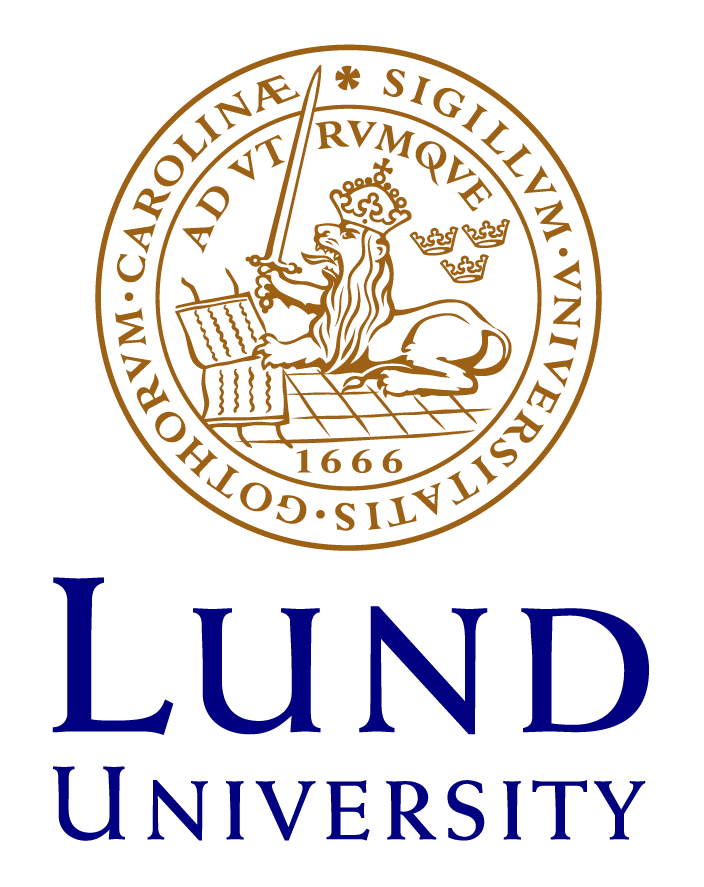Successful process scale-up is critically important when taking an innovative idea and turning it into a commercial reality, while successful process scale-down is essential for troubleshooting or optimizing commercial processes.
The course will give lectures on pre-planning of pilot and large scale processes and the laws and permits that are needed for building a plant. From a chemical perspective the different stages and objectives of the scale-up flow from reaction vessel to plant will be discussed and an introduction to software’s for design of experiments, estimation of costs and mass balances will be given.
There will be group work on estimating cost for processes from review of data from small-scale experiments.


